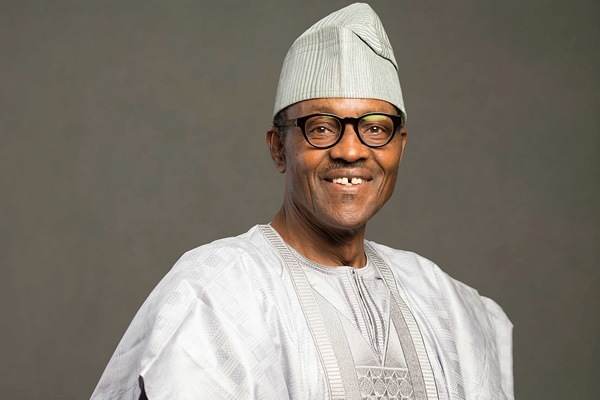Someone suggested a few weeks ago that Buhari’s irrationally wild popularity in the Muslim north deserves a doctoral dissertation to explain. I disagree. It’s simply a mix of amnesia, emotions, and Muslim clerical tyranny in the north.
Nigerians generally have a predilection for sentimentalizing the supposed glories of bygone days.
The past is always greener than the present, and the further a memory recedes into the past the more its putative glories are celebrated and romanticized. Add that to the fact that Buhari’s first coming was short-lived.
But you can actually map the genealogy of the myth of Buhari’s “Mai gaskiyaness,” which is the immediate trigger for the worshipful admiration he enjoys among the masses of the Muslim north.
It started in the year 2001 after former President Obasanjo summoned a Council of State meeting in the aftermath of the Sharia-inspired sanguinary fury that drenched the land in oceans of blood. Obasanjo said the Council of State, of which all past presidents and heads of state are members, agreed that all Sharia states should revert to the “status quo ante,” basically meaning they should discontinue the implementation of Sharia.
Buhari disputed the accuracy of Obasanjo’s rendition of what the Council of State recommended. He said Sharia didn’t even come up in the discussions of the Council of State. For being the only person to openly disagree with Obasanjo, he began to be called “Mai gaskiya.” Thereafter, he became an open advocate for Sharia and even went so far as to say the northern Muslim electorate shouldn’t vote anyone into office who wasn’t committed to Sharia. “I will continue to show openly and inside me the total commitment to the Sharia movement that is sweeping all over Nigeria,” Buhari said at a seminar organized by the Supreme Council for Sharia in Nigeria in August 2001. “God willing, we will not stop the agitation for the total implementation of the Sharia in the country.”
Although Buhari himself isn’t a deeply religious person, his open, full-throated but politically motivated (some would say opportunistic) support for Sharia (at a time no other former president of northern Nigerian Muslim extraction was willing to) caused him to be wildly popular among northern Muslim masses and the conservative clerical elite of the region.
Now, Islamic clerics in the north preach that Buhari is divinely ordained be president and that criticism of his policies amounts to blasphemy. Given the oversized influence of Islamic clerics in shaping public opinion in Muslim northern Nigeria, no amount of logic, evidence-based reasoning, economic hardship, etc. will make the littlest dent on Buhari’s popularity in the Muslim north.

